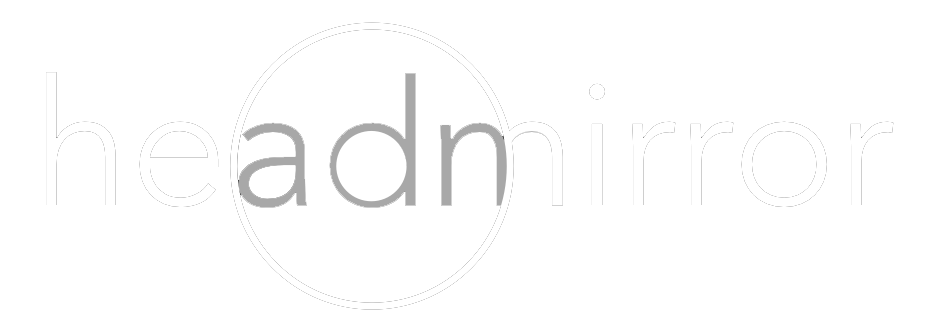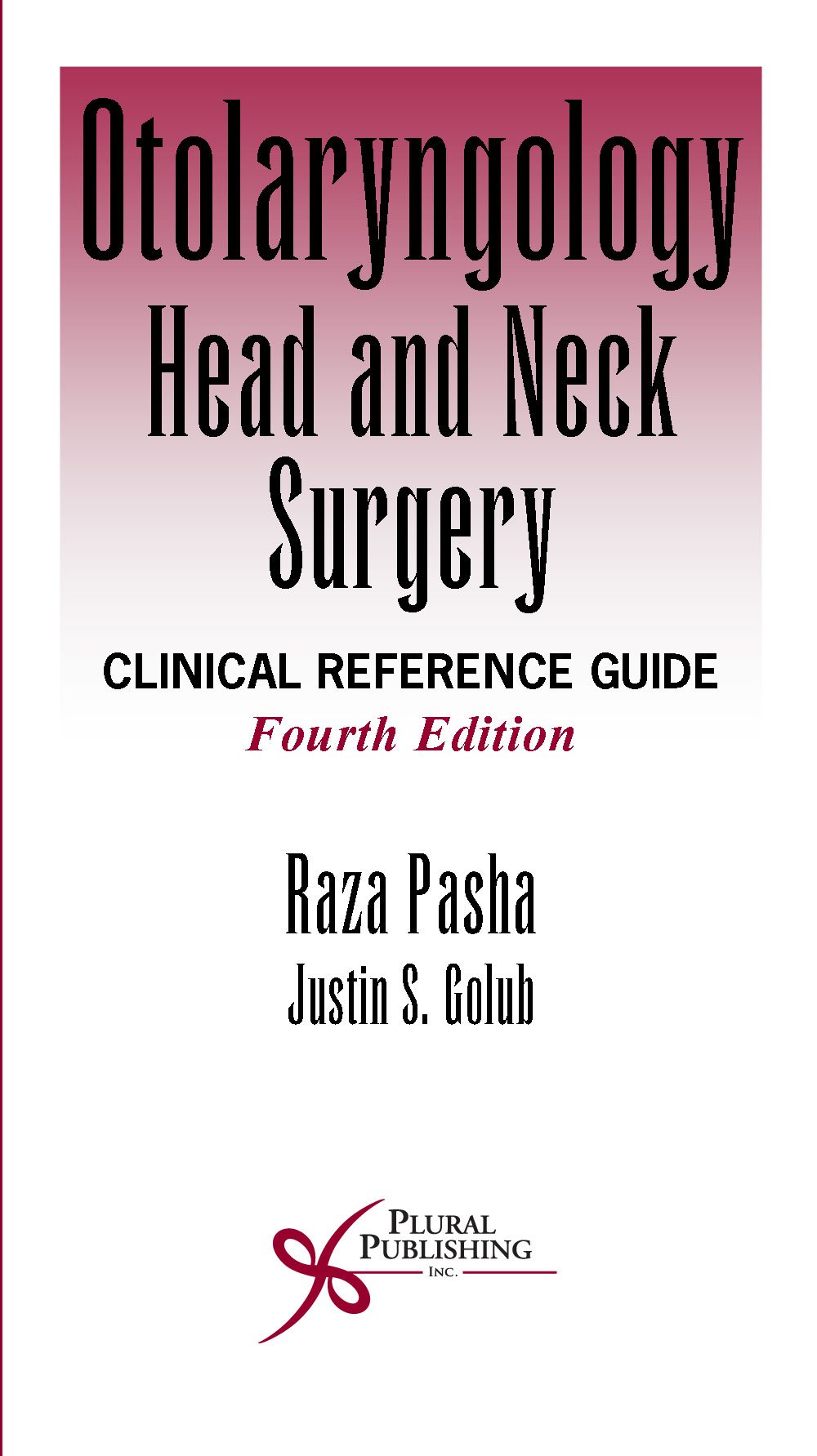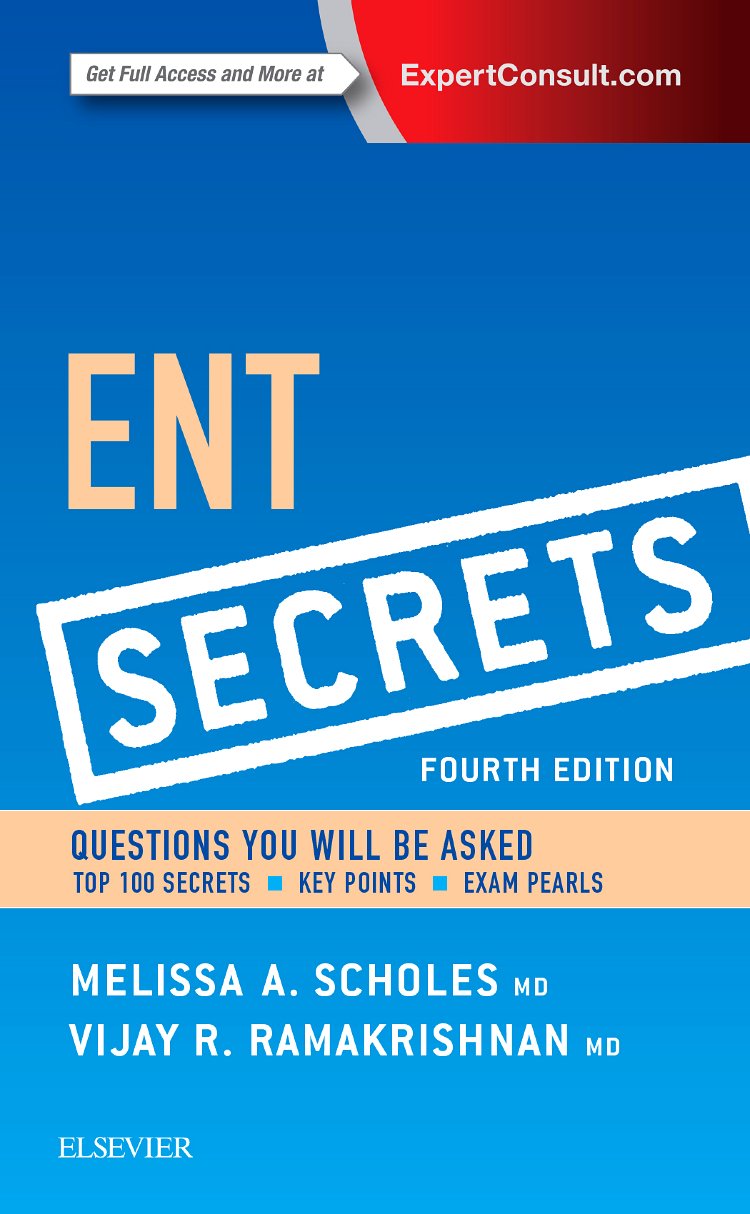TIMELINE
ADVISOR SELECTION
Ideally by mid-to-late third year of medical school you should be more or less set on your decision to pursue Otolaryngology-Head and Neck Surgery and have an idea about an advisor or two within the field. When deciding on whom to ask, make sure the person has up-to-date practical insight regarding the match process; someone who has had recent experience on the residency selection committee is ideal. Look for an advisor that is not over-extended with clinical duties, research, and 20 other applicants, otherwise you may be fighting an uphill battle to meet, much less get any good personalized advice. Use your advisor to get ideas for your research projects, personal statement, letters of recommendation, and to answer any other questions that you may develop about your application. Residents at your program and medical students a year ahead of you may be able to offer additional guidance regarding that match process and may also be able to point you to the best advisor.
SUB-INTERNSHIP
Second to only a few other things, your sub-internship performance carries considerable weight in your overall application. Doing well on this rotation will not only grant the all-important “honors”, it will also help get good letters of recommendation. You must do well on this rotation! Plan to eat, sleep and breathe otolaryngology for 3-4 weeks! We have included a list of pearls that will help you do well on your sub-internship and away rotation(s) if you choose to attend one or more:
Know your stuff. Make sure to study for the rotation well before you start. Read every chance you get. Know everything about the patients that are on your service. Read in advance about every OR case so you know the indications, complications, and post-operative considerations for each. Know your anatomy cold, since this is one of the most commonly pimped subjects.
Be prepared to work! If you are not working harder than everyone else on your service, something is wrong. Even if you are assigned to the least glorious task, accept it with a good attitude and no matter what, NEVER COMPLAIN! Always arrive early and stay late. Volunteer to scrub out of cases to help out the team with scut when appropriate. Even if you are told it is optional, pre-round on all of the patients on your service, and if you are permitted to, write notes on each.
Always look professional. If you know that you will be in the OR all day, be prepared with “clinic clothes” (the dress code will vary based on the hospital, so ask around), and change into scrubs just before the first cases start. After the OR cases are finished, change back into your formal-wear for the rest of the day.
Show sincere interest and ask intelligent questions when they come up, but do not be annoying or a brown noser – there is a definite difference.
Never talk bad about attendings, residents, other medical students, nurses… or anyone!
Be a team player. The most important thing that you can do is to make your team look good. If the attending asks a question in the OR, do not blurt out the answer before the residents, wait for your turn. When you are on morning rounds and the staff asks for particular information regarding a patient, give the information to a resident to make them look good. Bottom line: if your team likes you, you are golden. If they don’t, it’s going to be a long month.
Ideally by mid-to-late third year of medical school you should be more or less set on your decision to pursue Otolaryngology-Head and Neck Surgery and have an idea about an advisor or two within the field. When deciding on whom to ask, make sure the person has up-to-date practical insight regarding the match process; someone who has had recent experience on the residency selection committee is ideal. Look for an advisor that is not over-extended with clinical duties, research, and 20 other applicants, otherwise you may be fighting an uphill battle to meet, much less get any good personalized advice. Use your advisor to get ideas for your research projects, personal statement, letters of recommendation, and to answer any other questions that you may develop about your application. Residents at your program and medical students a year ahead of you may be able to offer additional guidance regarding that match process and may also be able to point you to the best advisor.
GREAT BOOKS TO GET FOR YOUR SUB-I & AWAY ROTATIONS
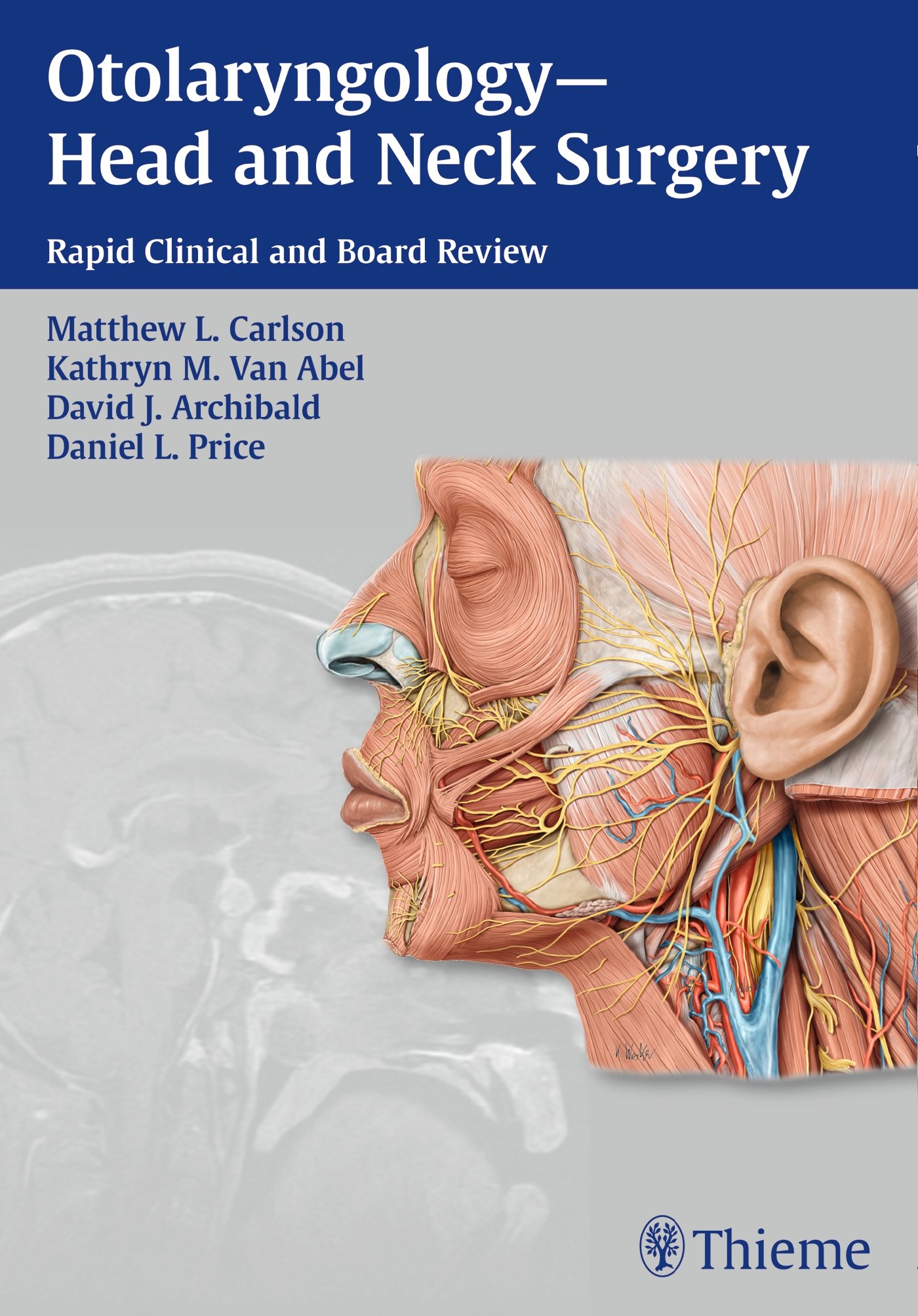
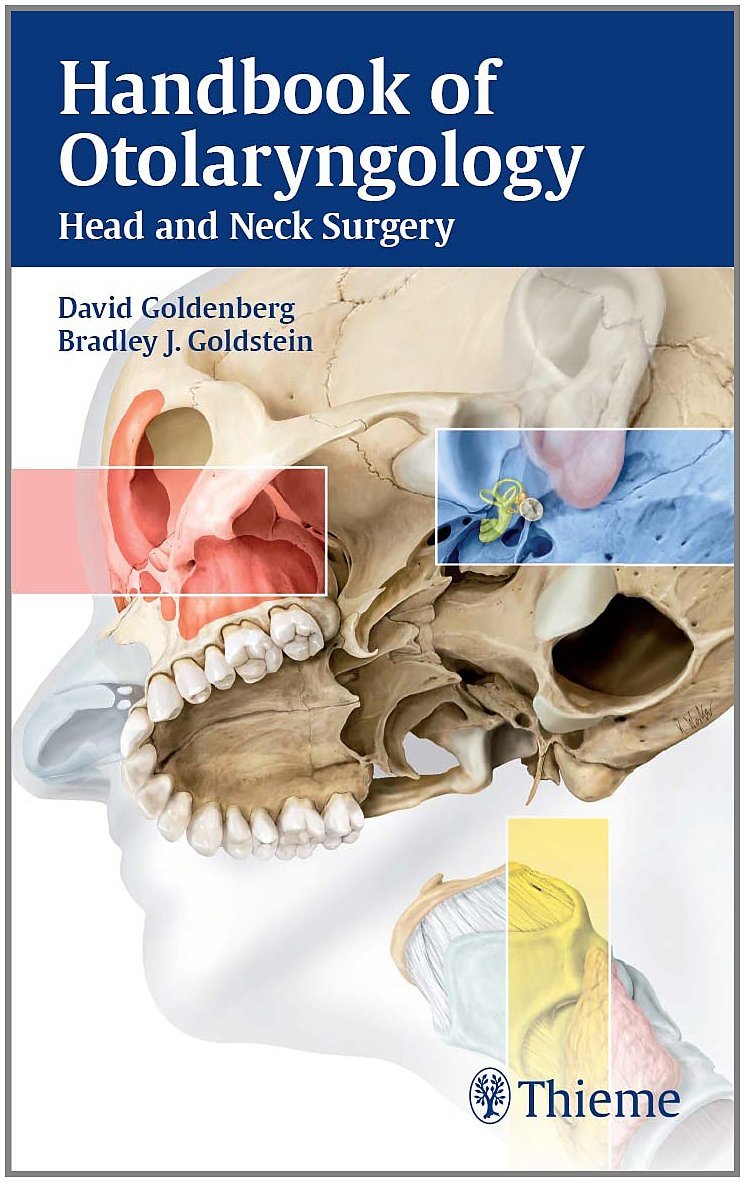
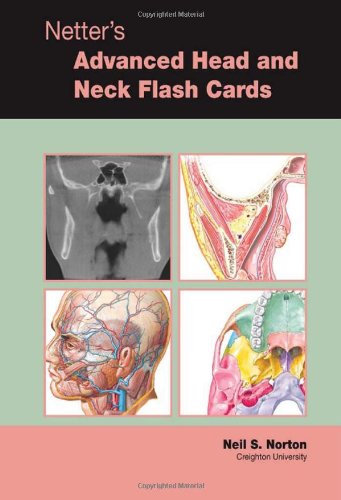
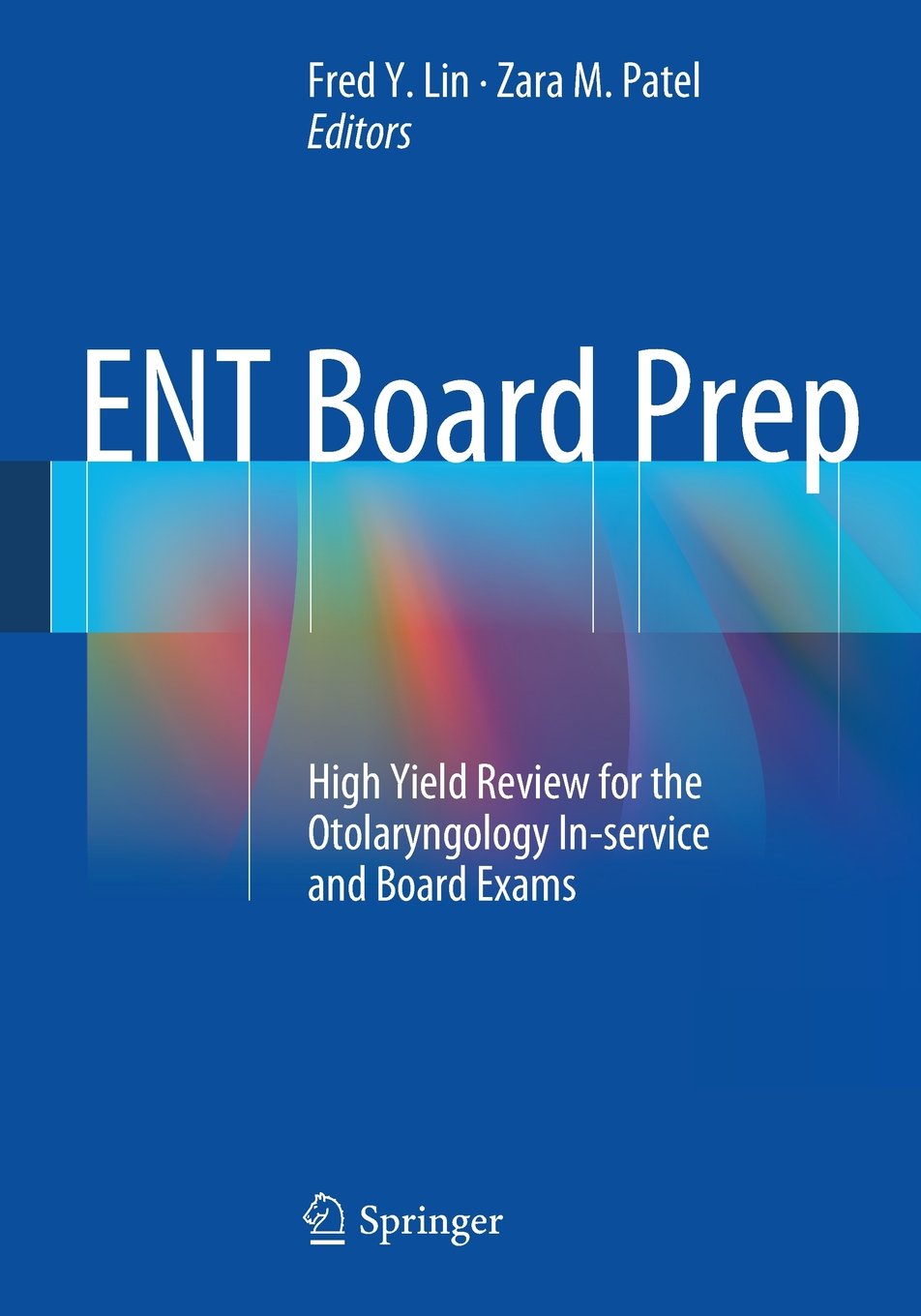
AWAY ROTATIONS?
Like other surgical subspecialties, it is generally recommended that serious applicants complete an additional sub-internship at another institution. Away rotations may help solidify your interest in the field and can also serve as a way to get your foot in the door at one of your top choice programs. Historically, some programs have advised their students to not do away rotations, for fear of taking too much time away from their fourth year or for other various reasons. However, away rotations are becoming very important and helpful for residency applications. According to otomatch.com, 21% of applicants matched at their away rotations last year.
There are two schools of thought regarding away rotations. Some believe that if you look really good on paper, it is better that you do not pursue a visiting rotation at one of your top choices since you only have room to go down. If you agree with this logic, you might opt to visit a well-known institution, but one which is not high on your list. Others feel that if you are very interested in a particular program, you may increase your odds of matching there if you have a visiting rotation and perform extremely well – this option might be particularly helpful for applicants who feel that their CV is not strong enough to guarantee an interview at their desired program. Many programs will give preference to students that have visited their program and auditioned well.
“If you do it, you best do it right”. No matter how you decide to play it, it is extremely important that you nail the rotation! If you are ambitious, a letter of recommendation from a prominent figure (i.e. Chair or PD) of another institution can be a strong addition to the application.
Ideally, applicants should aim for scheduling their away rotation(s) between the months of May and early September. Timing the visiting rotation this way allows students to have gained enough clinical experience from earlier rotations to do well in a less than familiar setting. It also allows enough time for the grade and possible letters of recommendation to be submitted for the application. Apply to at least a couple different programs and apply early! This is a hot time for away rotations and if you wait too long to apply, you may find yourself without a rotation at the institutions you want! If you are an underrepresented minority student, several programs offer opportunities for scholarships.
COVID-19 & AWAY ROTATIONS
With the outbreak of COVID-19, programs have been advised to discourage their students from participating in away rotations for the 2020-2021 academic year. This is an evolving topic, which has been addressed by SUO/ADDO/OPDO with further information available here. A podcast discussion related to this topic is available through the ENT in a Nutshell series. Consider discussing this with your advisor. As part of the statement, programs have also been advised to create opportunities to showcase their residency, which includes expanding their website presence and providing virtual tours. So, be on the look-out for these opportunities, which are growing in number.
IS RESEARCH EXPERIENCE NECESSARY TO MATCH?
The short answer is not necessarily; however, it can be an important addition to your application. Recall that in the 2018 Program Director Survey, 74% of program directors reported that research involvement was a very important aspect of an application. Additionally, Thangamathesvaran et al. (2019) analyzed research output among 222 first year Otolaryngology residents from 2016 and found that research quantity and quality (based upon impact factor of journals) has increased among applicants over time. Kohlert et al. (2017) found that medical students who produced meaningful research (i.e., at least one publication indexed in Pubmed) during medical school also produced research at a high level during residency. This topic is discussed in greater depth within another section of this site.
As a result, having research experience does a number of things for your application. First, it tells the selection committee that you have intellectual curiosity and are self-motivated. Second, it gives you something to talk about with the interviewer. Many, if not most programs have at least one designated interviewer to specifically discuss your past research experience and gauge your potential for future quality research. Not having any research to talk about will make for a long 10-15 minutes! You will be surprised at how the interviewer lights up when they see that you have researched something they are interested in - instant rapport!
If you decide to pursue research, make it meaningful and productive. Ideally you should get a journal publication, oral presentation, or at minimum a poster presentation at a national meeting. Unfortunately, even if you worked hard but have nothing to show for it, on paper you look the same as the student that slacked off and did not participate in research. Field-specific research is preferred over other clinical research, but if you have already completed research in other clinical areas, this will of course be helpful. We have included a list of pearls to help those who are interested in research to get the most out of their time:
Seek a research lab/advisor that is very productive. You are much more likely to get your name on a publication from a lab that pumps out a couple articles a month.
Meet with your prospective research advisor ahead of time to layout expectations. Make sure that you will not just be just a lab gopher and will be given first or second authorship if you work hard and significantly contribute to the project.
Choose a topic that is meaningful but doable in the allotted time frame. Make sure the project has merit and is potentially publishable, but realize that you will not be able to cure AIDS during an 4-8-week rotation. When deciding how long a project will likely require, take the estimated time and multiply by 2 or 3; this will be more realistic as projects always hit snags and never run perfectly smooth.
Do all of the background reading and project design before you start your research block. Since time will already be tight, you need to hit the ground running once you start your research time.
Start early. If you are starting your first project at the end of your third year, it will be very tough to have publishable items by application submission date (mid-September). Try to join other projects such as case reports or chart reviews in addition to your main research projects. If you perform well in research, it will also show in your letters of recommendation.
A lot of students will ask if there is a magic number of publications they should strive for. This is a difficult question to answer, but at least two high quality publications, along with posters and hopefully some oral presentations will all go a long way, not only with your application but with your academic career if you so choose.
A NOTE ABOUT USMLE STEP 1 CHANGES AND RESEARCH
With USMLE Step 1 changes coming in 2021, those that are applying during the 2023 cycle will have less on their application to distinguish themselves. Thus, other aspects of the application will likely matter more, including research. In this regard, it might become very difficult to successfully match into Otolaryngology without any research. There could be additional changes that may mitigate this, but as of right now it would behoove applicants to suspect that research will become an increasingly prioritized aspect of the interview and application process.
RELATED ARTICLES
